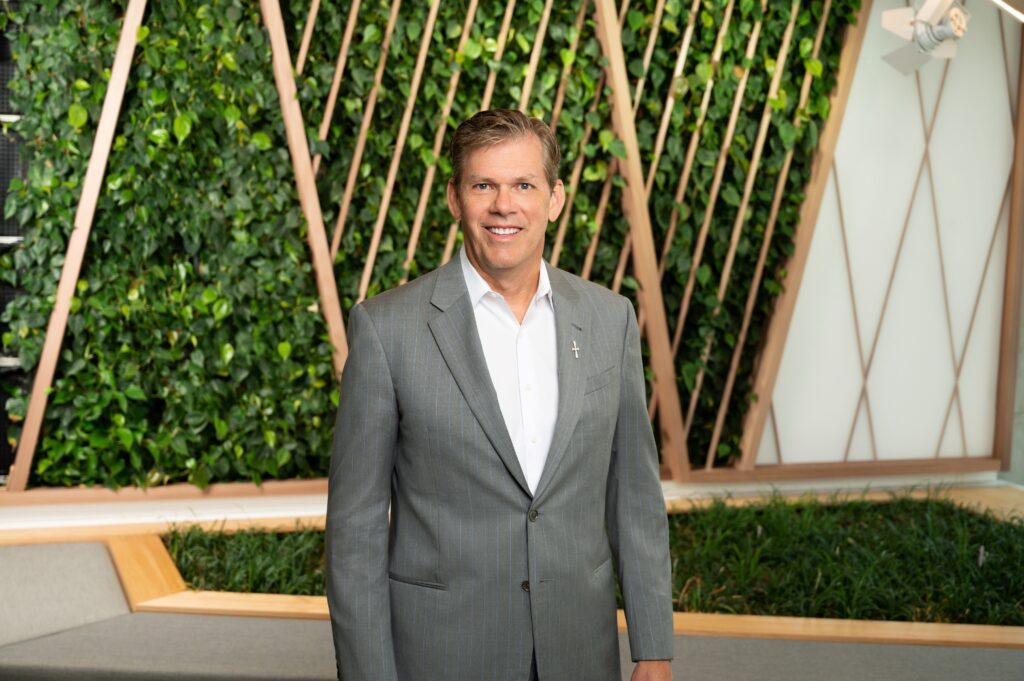3 Soft Skills CEOs Can’t Ignore

What impairs most CEOs? The “soft stuff,” according to former Campbell Soup CEO Douglas Conant. Many surprises await first-time CEOs, but the biggest in my experience is one that requires multiple soft skills: the imperative to deal with people of all kinds. Often these are groups that new CEOs have rarely or never interacted with before – from board members to investors to government regulators.
Unsure how to handle this and emboldened by their nascent, perceived power, some CEOs react negatively at first, displaying a poor attitude about spending time with these interested parties. This can create all kinds of issues.
In an interview with Corey Thomas, CEO of security operations company Rapid7, he put this issue into sharp focus. His largest surprises when he took his company public was the range of stakeholders he had to communicate with as CEO. Here’s how he effectively dealt with them using three specific soft skills.
1. Empathy.
Corey’s second big surprise caused him quite a bit of angst: communicating with stakeholders who had no domain knowledge of Rapid7’s business.
“I had to simplify our value proposition in a way I wasn’t used to doing,” he said. “I was accustomed to using an inside language to speak with our customers, partners, and employees. As we were thinking about going public, I had to talk to regulators and a broader set of investors and partners around the world who were not familiar with us.”
Some CEOs cannot manage this transition. They lack the skills or the will to construct and deliver messages that will resonate with each audience. Corey realized quickly that he had to change.
“I had to be the one to make significant adjustments and presume less. Frankly, I had to get much better at communicating with people who didn’t have the same context that I did. I quickly learned to pay more attention and be more empathetic.”
2. Humility.
New CEOs in particular often struggle with having a board of directors for the first time. Reporting to a team of people rather than a single person is unlike anything they’ve ever experienced. They don’t understand the role of the board and – with no day-to-day boss – take an arrogant approach to the relationship.
“The natural tendency and attitude many CEOs have with the board is ‘they should just trust me in some way, and I just don’t understand why they don’t get it,'” said Corey. “But they have a fiduciary duty. Your job as CEO is to make sure they have the relevant information to do their job effectively.”
Some CEOs treat board meetings like an infomercial, communicating only positive information in too much detail. They have too much pride to mention any issues or problems or opportunities. This makes it difficult for the board to provide any help.
“The board’s job is also to enlighten me about things I missed,” said Corey. “If I’m not educating them and they aren’t enlightening me, then it’s not working. This mentality has allowed me to have a pretty productive relationship with the board and healthy friction when warranted.”
3. Self-awareness.
CEOs can only advance if they understand what their strengths and weaknesses are. Many lack the self-awareness this requires. Early on in the IPO stage, Corey’s self-awareness enabled him to determine another area where he needed to improve.
“I am a borderline introvert/extrovert. I’m not typically out there a lot,” he said. “What you find as a CEO taking a company public is that people are investing not just in the company but also in you. They want to understand you. As a public company CEO you have to provide information and insights about yourself and how you think and operate.”
At first, Corey debated with the marketing team whether he really needed to be out in the community more. “I was reluctant at first, but I had to represent the company,” he said. Fortunately, he had enough awareness of his own personality and leadership style to realize that this was something he needed to work on. “I now find a way to focus on things like customers and our technology but also do the role as a champion for our employees and customers of the company itself. This was a pretty significant adjustment for me.”
Corey’s experiences point to a clear conclusion: CEOs can’t neglect the soft stuff as they carry out their five core responsibilities. Fortunately, even if you are weak in one or more areas, you can improve with training and practice.
First appeared on Inc.com






